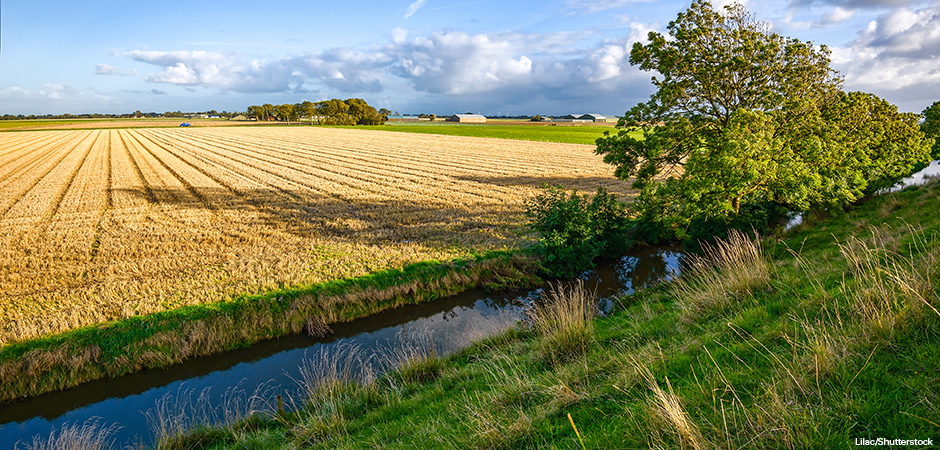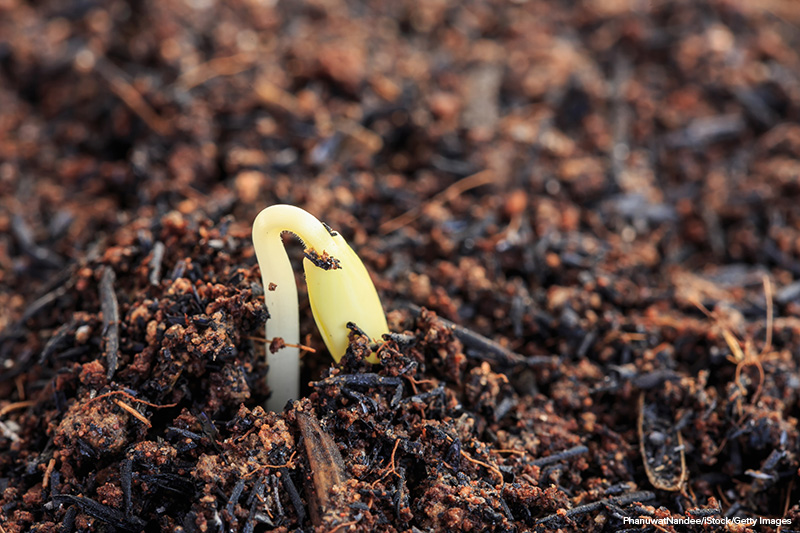
Wheat farmers in the United States can have their entire crop wiped out by a pest. In Morocco, drought conditions have made growing food difficult. Extreme weather in Ethiopia has resulted in challenges meeting the food demands of the country’s population.
The International Center for Agricultural Research in the Dry Areas, or ICARDA for short, was founded to help with these problems.
ICARDA is a non-profit, non-governmental organization (NGO) that uses seeds it saves to help countries around the world. It has a collection of more than 150,000 samples of plants. They are stored in a giant walk-in refrigerator that is kept at minus-4 degrees Fahrenheit. ICARDA is based in Lebanon, Beirut, and has branches in several countries in Africa and Southwest Asia.
There are many seed banks in the world, including the Global Seed Vault in Svalbard, Norway. The Global Seed Vault houses more than a million seed varieties. Like ICARDA, the Global Seed Vault is security for our food supply. Droughts, diseases, extreme climates, natural disasters, or catastrophes are potential threats to agriculture. The seed banks ensure that farmers can access seeds if the current crops are destroyed.

The difference between ICARDA and other seed banks is that most of ICARDA’s seeds are from plants that have grown in the Fertile Crescent.
The Benefit of Fertile Crescent Seeds
The Fertile Crescent is a region of Southwest Asia where the first settled agricultural communities emerged more than nine thousand years ago. It extends from the Mediterranean Sea to the Persian Gulf. The Fertile Crescent includes parts of present-day Turkey, Iran, Iraq, Syria, Lebanon, Jordan, and Israel. Many of the plants in this region have survived for thousands of years. This includes both plants that are grown by farmers and those that live in the wild. These Fertile Crescent plants have proven adaptable to droughts, pests, diseases, and the hot, dry climate of the region.
ICARDA began gathering the seeds to these plants in 1977 when it was founded. Researchers get seeds from local farmers. They also hike the region in search of wild varieties of wheat, barley, legumes, and other crops. Scientists analyze these seeds. Then, they combine them with other varieties of the plants to determine what kinds of traits the hybrid plants might have. In some cases, these new breeds of plants have had major positive effects on agriculture.
ICARDA to the Rescue
In Washington state, wheat farmers face great losses to their crops due to a pest called the Hessian fly. Hessian larvae, or early stages of the fly, feed on the wheat and destroy it. A wild wheat seed from ICARDA, named Aegilops tauschii, can be combined with the threatened variety of Washington wheat. The Iranian-based Aegilops tauschii seed had built up layers of resistance to multiple threats over thousands of years in the Fertile Crescent. As a result, the Hessian fly has no negative effect on it. The wheat variety with its combination of old and new traits has protected farmers’ crops in Washington.
In Morocco, barley and wheat production fell due to increasingly severe droughts in the last several years. ICARDA helped develop six new barley and wheat varieties in the northwest African country that can tolerate hot weather and limited water supply.
The heavy rains of Ethiopia’s highlands and the hot, dry conditions of country’s lowlands have proven challenging for wheat crops. ICARDA has assisted the east African country in developing seeds that can withstand these extreme conditions. In 2020, ICARDA helped Ethiopia expand its wheat production by 20,000 hectares. Two years later, production expanded by more than 500,000 hectares. A hectare is about the size of 2 ½ football fields.
ICARDA in the Future
It is likely that the plants we depend on will face increasing stresses going forward. Unpredictable weather, extreme temperatures, and new pests or diseases are some possible threats to crops in the future. ICARDA, with its stock of seeds that have survived various conditions over thousands of years in the Fertile Crescent, will be ready to help.
